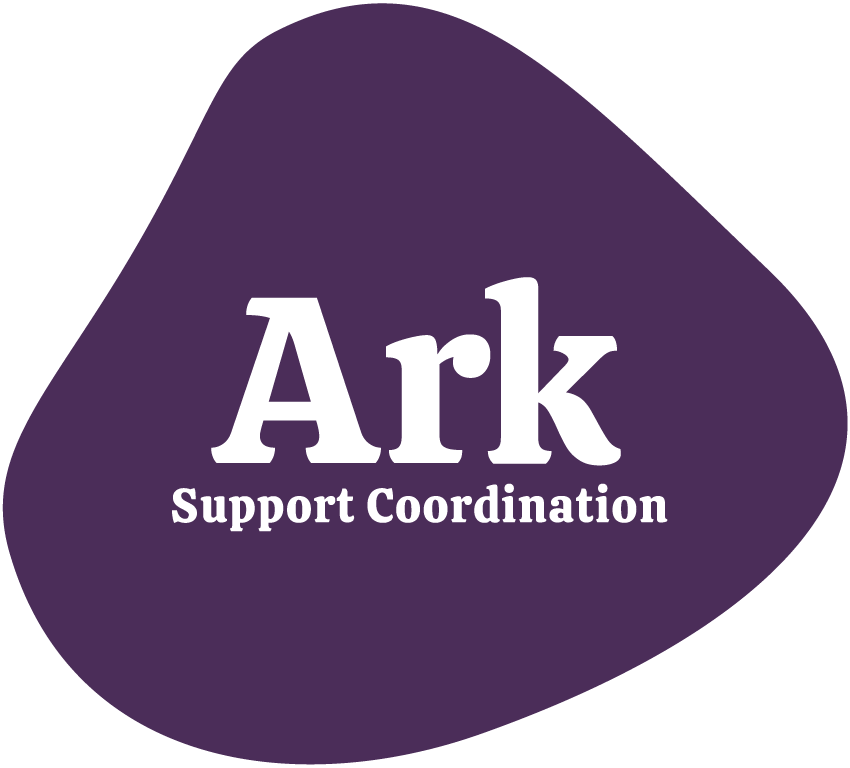Inspiration Porn: Disability as non-disabled motivation
Inspiration porn is a term coined by the late comedian and disability activist Stella Young who discusses the phenomenon in her TEDx Talk I'm not your inspiration, thank you very much. Sharing a story of when she was 15 years old, a local community member wanted to nominate Stella for a community achievement award. Her parents responded, 'that's really nice, but there's one glaring problem with that, she actually hasn't achieved anything.'
What is inspiration porn?
An image of a person running with prosthetic legs with text saying, “what's your excuse?” or “the only disability in life is a bad attitude.” Often images of children with visible disabilities participating in ordinary activities. It implies if someone with a disability can do it, you (viewer without a disability) can too. We see IRL examples of this when someone in a wheelchair is told by a stranger they are inspiring while on the train to work, or at the gym or existing in a public place, doing ordinary things.
Using disability as a tool for non-disabled betterment.
The role of inspiration porn
This type of content means well, but we must question why it was made. And for whom? Because it's not intended to make people with disabilities feel good, it's for a non-disabled audience. Often this type of content aims to put the troubles into perspective for a non-disabled viewer. To feel a sense of gratitude for not having a disability.
'The non-disabled public feel good about their unbroken, able bodies, senses, and cognition,'
You might think, well, isn't gratitude a good thing? Yes, we should feel gratitude for what we have, but it shouldn't exploit people with disabilities in the process. It also further perpetuates the idea of disability as a bad thing and reduces people with disabilities to objects of inspiration.
Disability rights advocate Cara Liebowitz writes, 'reducing a human being - and a stranger, at that - to 'inspiring' or 'brave' or any of those labels is problematic because you're filling in qualities that may or may not be true in order to make yourself feel better.' When we praise people with disabilities for being inspirational and exceptional for doing ordinary things, it implies we didn't expect them to be able to do so.
Lauren Beller discusses in their article that we should instead be inspired by the way someone does something. Actions and attitude is what's inspiring, not the disability, 'it implies that you view disability as a negative or even tragic experience, enough that the idea of being able to remain optimistic is unfathomable.'
The issue lies in media representation.
"Feel-good" news stories like Head boy takes girl with down syndrome to school ball also fall under inspiration porn. Heartwarming stories of non-disabled people doing something nice for someone with a disability makes you think, is respecting and including people with disabilities in ordinary experiences so groundbreaking it makes headlines?
There was no ill intent of the head boy here, and inclusion should always be encouraged. It only becomes problematic and into the inspiration porn category in the way it's reported about. He is depicted as a hero for doing something nice. Sarah Lewis writes:
'Heaping praise on a non-disabled person for granting a disabled person inclusion in an experience who otherwise shouldn't expect it (even though there's no reason to exclude them.)'
What if he asked her out because he liked her and thought they’d have a fun night? Unfortunately it's not what the story implies. It suggests an "Awww" response with a bit of a pity tone, it's not empowering or amplifying the voices of the disabled community.
It's ok to feel good about inclusion and stories of people helping others. We need more good news stories these days. But a media focus on inspiration porn stories continues to depict disability as something to overcome, something non-disabled people should feel grateful for not having. A spotlight on these stories is leaving disabled voices in the dark, and it's not the right way towards advocacy.
Instead, we should focus on people with disabilities doing extraordinary things, issues of accessibility, breaking down stereotypes and learning how to be better allies.

